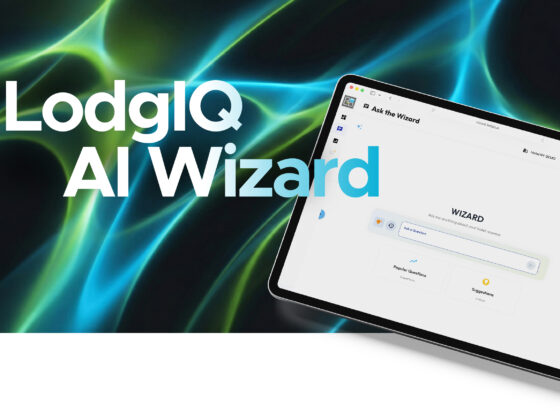According to analysts, the new AI enhancements boost user engagement and diversify queries, creating greater opportunities for monetization
Apr 1, 2025
Google is doubling down on AI-driven innovation in travel by launching new features across Search, Maps, and its Gemini AI platform. These enhancements aim to elevate the vacation planning experience by engaging users earlier in their decision-making journey. As travel remains a high-value vertical for Google, these updates also serve to strengthen its competitive position against emerging AI-based travel tools like ChatGPT and Perplexity.
Key takeaways
- AI-powered search expansion:
Google’s new features allow for broader, exploratory travel queries (e.g., “scenic road trip routes in California”) rather than purely transactional ones. This increases user engagement and query diversity, expanding monetization opportunities. - Competitive pressure from AI platforms:
Platforms like Perplexity and ChatGPT are gaining ground in travel planning. Perplexity, in particular, has partnered with TripAdvisor and Selfbook to offer hotel booking tools and plans to add flights and rental cars. - Google Gemini’s strategic role:
Gemini’s integration into travel tools positions Google to compete more effectively. It may even partner with OTAs (Online Travel Agencies) to develop agentic AI features like personalized itinerary building. - OTAs fighting back with AI:
Companies like Expedia and Booking.com are also developing AI travel tools, leveraging rich customer data and loyalty programs to maintain a competitive edge. - Shift toward aggregator partnerships:
AI travel platforms are currently favoring partnerships with travel aggregators over direct suppliers or OTAs, though that may shift as agentic AI capabilities expand.
Get the full story at Benzinga









